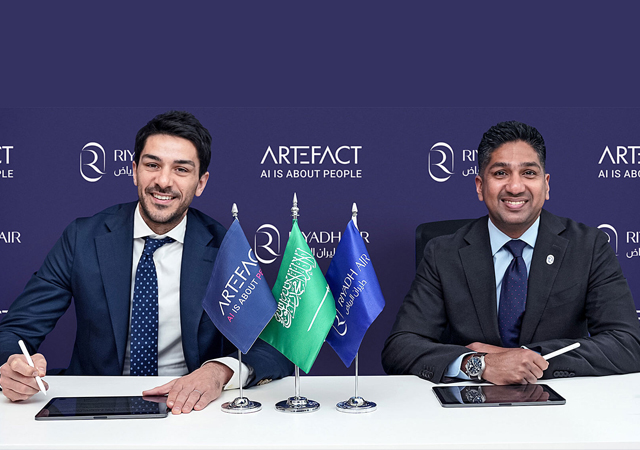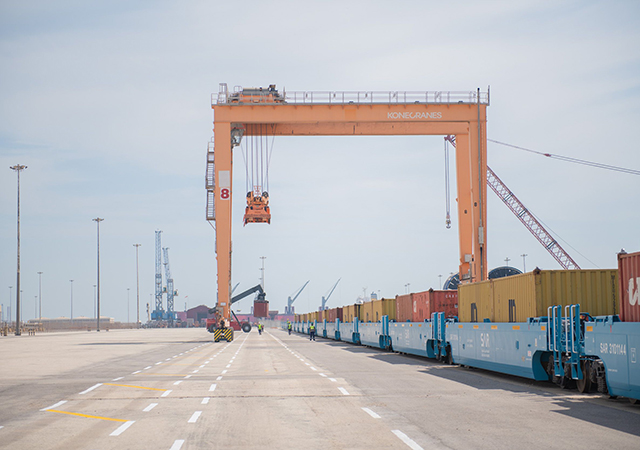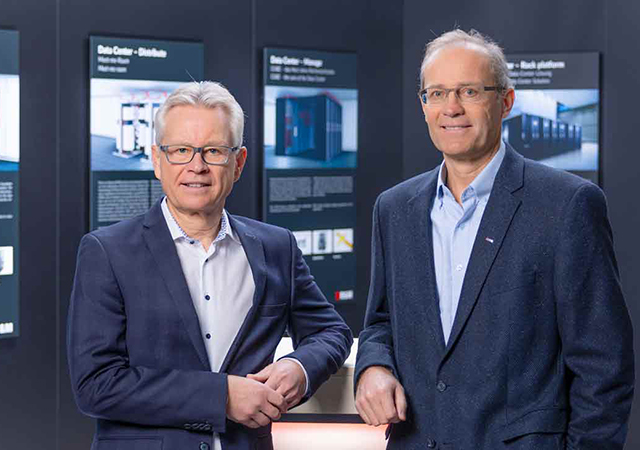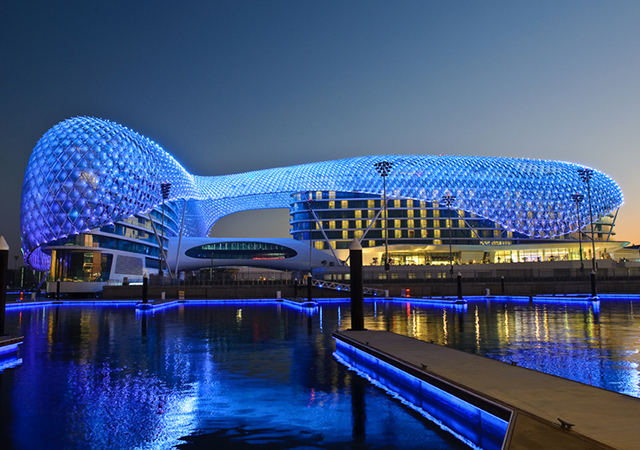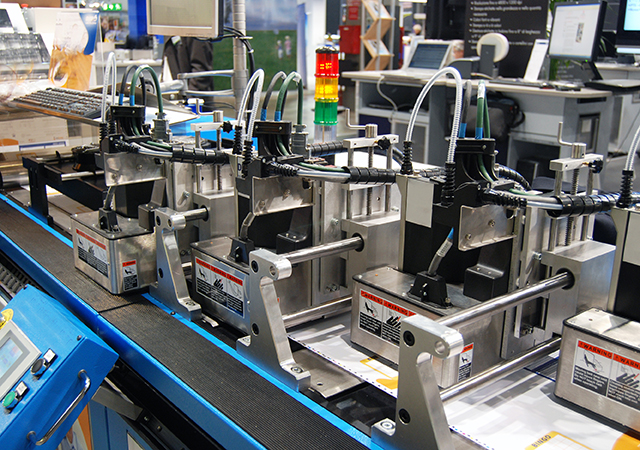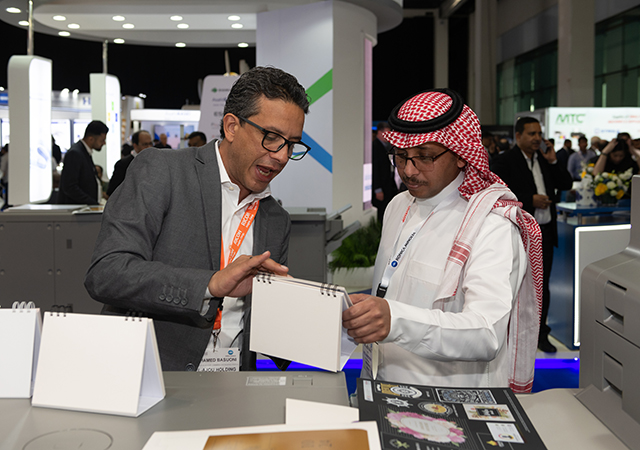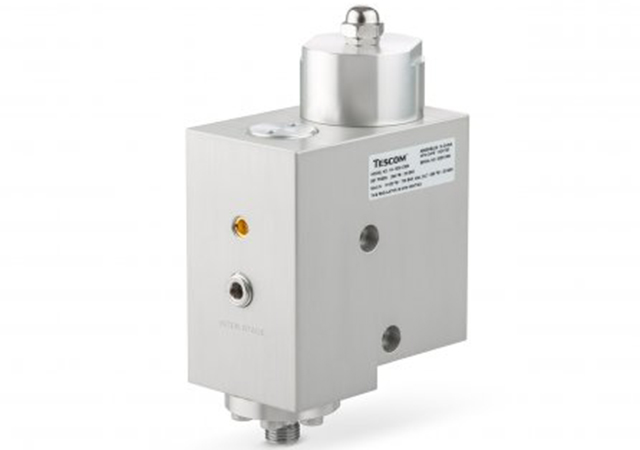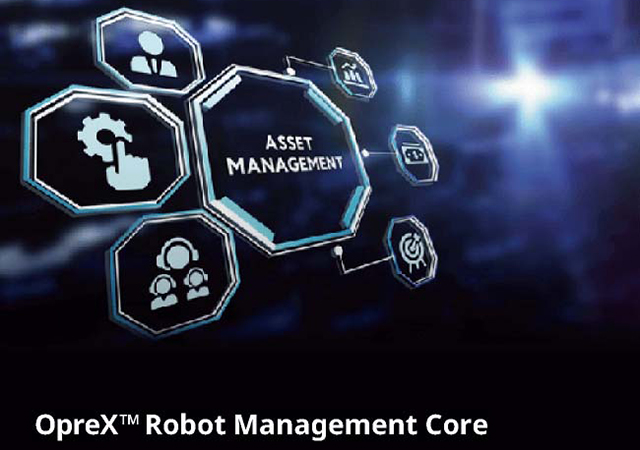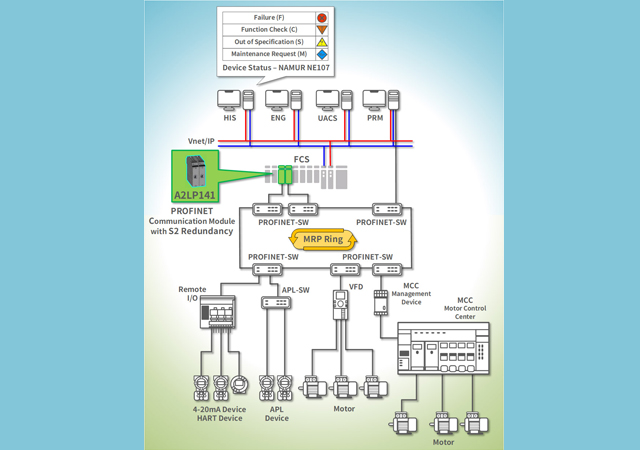
 Gulf governments are keen on developing industries downstream to primary aluminium
Gulf governments are keen on developing industries downstream to primary aluminium
GCC governments are now moving to attract international investors in the downstream aluminium industry, seeking to further utilise aluminium in diversified sectors, according to Mahmoud Al Daylami, general secretary of Gulf Aluminium Council.
The aggressive positioning of the GCC region also reflects the growing dynamism in the global aluminium industry, which is on track to achieve an 8.4 per cent growth in 2013 compared to 3.7 per cent in 2012, he said in connection with Aluminium Middle East 2013, the third edition of the leading exhibition for aluminium products, technologies and investments in the Middle East, which was held in late April.
Saeed Mohammed Ahmad Al Tayer, CEO and managing director of Dubai Electricity and Water Authority (Dewa), and vice chairman of Dubal, inaugurated Aluminium Middle East 2013.
Surging demand in key international markets such as China and the rest of Asia, North America, Latin America, East Europe and the Middle East is fuelling optimism among aluminium manufacturers and investors in the GCC as up to 80 per cent of the region’s aluminium production is exported worldwide. Moreover, the sustained growth in construction activities is likewise creating new business opportunities with up to 80 per cent of aluminium supplied in the region being used in the construction sector.
Aluminium smelters operating in the GCC are Aluminium Bahrain (Alba) in Bahrain, Dubai Aluminium (Dubal) in Dubai, Emirates Aluminium (Emal) in Abu Dhabi, Qatar Aluminium (Qatalum) in Qatar and Sohar Aluminium in Oman. These smelters have collectively produced 3,739,290 tonnes of primary aluminium in 2012, which account for 9 per cent of total world production, compared to 3,488,357 tonnes in 2011.
With the aggressive expansion drive in the region, the GCC is expected to account for 13 per cent of the world’s total aluminium production by the end of 2013. Moreover, the GCC countries are expected to collectively boost aluminium production capacity by up to 40 per cent to reach 5 million tonnes by 2014, from around 3.7 million tonnes in 2012.
“The growth potential of the GCC’s aluminium industry remains exceptionally high and the governments’ proactive efforts to expand the downstream sector are expected to unlock more growth opportunities in the future,” said Al Daylami.
The collective thrust of GCC countries to attract foreign investors and to expand the industry strongly reinforces the growing reputation of the region as a major aluminium hub, he said.
Mohammed Bader-Eddin, show director of Aluminium Middle East 2013, said international investors are showing strong interest in the GCC’s aluminium industry given the region’s strategic location, abundant energy resources and the proactive efforts of the GCC governments.
As many a 159 exhibitors from at least 25 countries took part in the exhibition.


